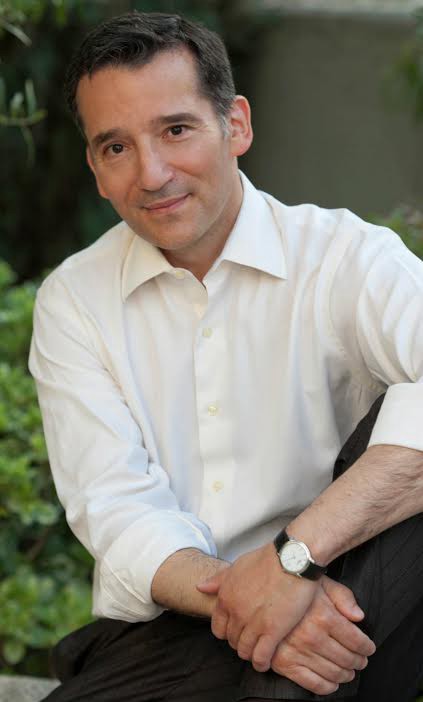I can sum it all up in a few words: We live in other people’s heads.
Every time I’m around people I guess what they are thinking about me. When I give a speech, if I spot someone frowning I review what I said to figure out what bothered them. I am a prowler in the minds of other people. Except, of course, I have no flashlight, and at least half the time I get it wrong.
And that is the source of my anxiety. Imagining what other people must be thinking. It began early. My father was a well-known Rabbi so we were a public family. Public families are watched: “Don’t do that — what will people say?” My brothers and I heard that phrase often, usually from people outside our family. So we had to guess what other people would say, until their voices in my head drowned out my own.
The strange truth is we do not know what other people think. Who can read other people perfectly all the time? So I adjust my behavior to the thoughts of others, except that I don’t know those thoughts. It is a very tough way to live. Like getting to a destination by guessing what the map says.
Take being late. I HATE being late. If you invite me for 7, I will be there at 7. Not 7:03, or 7:06. This is not because I’m so considerate. I mean, sure, I try to be considerate but the lateness phobia is something else. It isn’t about respecting other people’s time: Often I suspect that they expect me a little later, in other words, that I will be a “normal” person, and I still can’t help showing up on time. I’m the guy who drives around your house six times so I won’t be early. This is the anxiety of living in your head the way I imagine it (“Gee, I can’t believe he’s late”) rather than living in your head the way it is (“He can’t really be here at exactly 7, can he? We haven’t even tossed the salad.”). Or, best of all, just living in my own head, and letting other people take care of theirs.
I learned from my late father that the antidote to anxiety is faith. Faith is memory mixed with trust. When I would worry about something, he would take me through what happened last time. “What happened the last time you were late?” Well, one of two things happened. Usually nothing, of course, since most of the things we worry about never come to pass. Or some bad consequence, and yet, here I was. I could barely remember a time when being late triggered a nuclear apocalypse. Maybe never, in fact.
Trying never to be late is one sort of perfectionism. Perfectionism is an ego disease. I have to be perfect so that others won’t see me (in their heads) as less than perfect. Or, God forbid, a failure.
So we hold ourselves to standards we cannot meet, and run ourselves ragged in the attempt. The perfectionist is a marathoner without a finish line, cause the race never ends. And that is beyond exhausting.
Let’s review: We live in other people’s heads because we try to be perfect because we cannot stand to fail. At each stage of that three-act dance we are stepping on our own toes.
That doesn’t mean you should not have goals and try to meet them. It doesn’t mean that excellence isn’t achieved by motivation and effort. It means understanding that failure is built into the system and you are part of that system. There are always more ways to fail than to succeed. There are billions of wrong directions to get to a destination and only one, or a few, right ones. Failing is normal. It is part of success. As a medieval Rabbi put it, the eye has a dark part and a light part, but you can only see through the dark part.
There is a man in my congregation named Norm, who is now well into his nineties. He tells me the best thing that ever happened to him was that he went bankrupt. Can you imagine? But it changed his life, and for the better. He could see through the failure to what mattered. He became one of the happiest, kindest, best people I know.
Releasing the terror of failure does not mean that you won’t succeed. You can be on time without the fear of being late. You can study for a test without the horrible anxiety that you might fail. And since you can only see the world with your own eyes, you can stop inhabiting other people’s minds — and getting it wrong.
I don’t know how to make you happy. But I have some idea how to make you you. And becoming yourself, shaping yourself, is sure a crucial step to happiness, or better, to wholeness.
Because I will share a secret about happiness: It comes when you aren’t looking. I often tell couples, don’t look to find someone who will make you happy; find someone who will make you better, and you will be happy. Stop looking over your shoulder for happiness — just look ahead to purpose.
Take a moment to notice what you think about something. Don’t be afraid to follow your own thoughts and inclinations, because other people’s are not more important than your own. Have the courage to think for yourself and fail for yourself. We are born originals, so why spend our time becoming copies? No one else will be you — you should give it a try.
Originally published at medium.com


